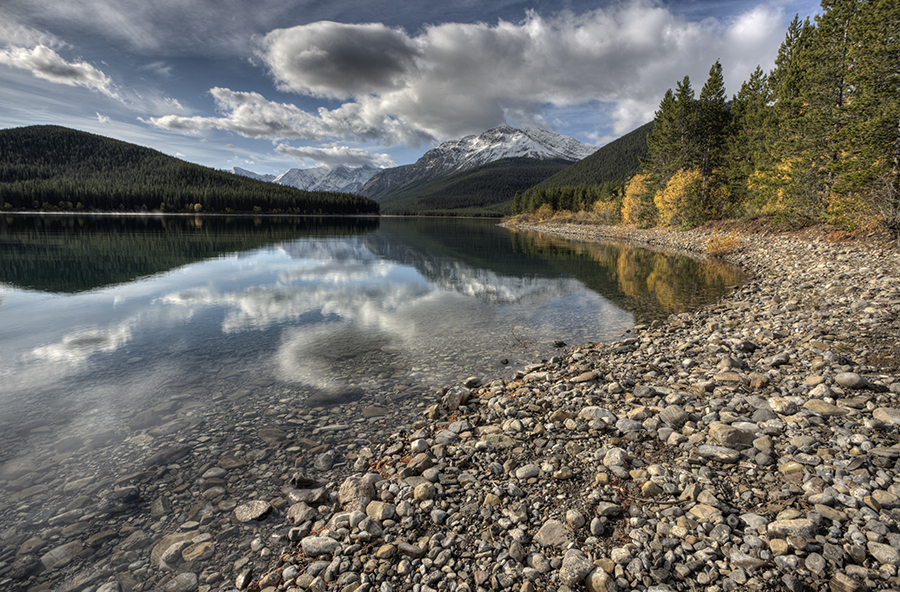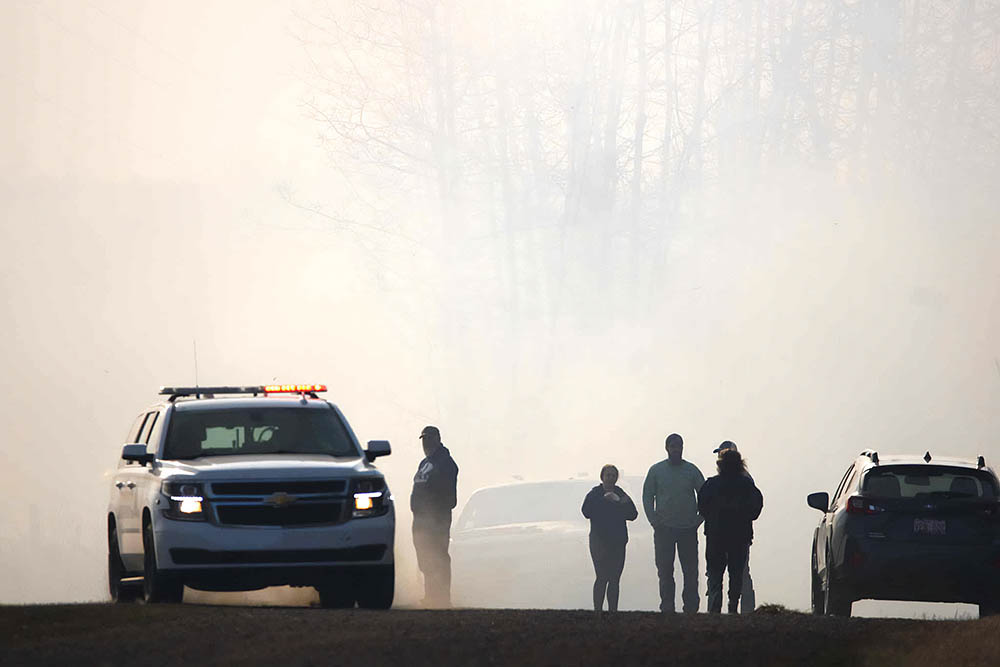Scott Hayes,
Local Journalism Initiative Reporter
With visitation to Jasper National Park increasing every year, the issue of managing all those people and their activities is a growing concern for Parks Canada.
That is why Parks Canada has taken its first step to develop a Visitor Use Management Plan. Of course, managing visitors is not a new concept.
“Parks Canada has been managing how visitors use Jasper National Park for many, many, many years,” said Emily Goldney, planner with Jasper National Park’s planning team.
Only formalizing it with this plan is new.
In managing Jasper National Park, Parks Canada must balance providing visitors with opportunities to discover and enjoy this national natural treasure while maintaining or restoring the ecological integrity. Facilitating high-quality visitor experiences that are sustainable is no small task.
Visitor use management refers to all the ways that Parks Canada manages visitors’ activities: what they can do, where, when, and with how many people, etc.
Parks Canada estimated that Jasper National Park received more than 2.48 million visitors in 2023, an increase from 2019 when the park had 2.46 million pre-COVID visitors and an overall jump of 20 per cent from figures a decade ago.
That amount of human traffic is bringing about a rise in issues such as congestion on the roadways, crowding, human-wildlife conflict and other negative impacts to ecosystems.
Anyone who enjoys those waterbodies during the summer can easily recognize that popular areas come with serious downsides including vehicle jams, littering and wildlife habituation.
During the last week of July 2023, a female grizzly bear with two cubs approached picnickers at both Lake Annette and Lake Edith, scaring off the people so that they could eat the food they left behind.
The recent traffic congestion measures at Lake Annette and Lake Edith is one example of how visitor use management is evolving with the times.
“It’s also things like closing trails in the early season to protect sensitive vegetation, or allowing bikes on some trails but not others, and closing certain areas seasonally,” Goldney said.
Everything is on the table to develop this plan, and Goldney and her team are following what’s happening in national parks elsewhere including Banff and even in the United States.
“Tourism destinations all over the world are grappling with these problems of seeing more people and trying to see how they can keep visitation sustainable long-term,” Goldney said.
“Myself and my project team are really looking at all these different examples from around the world to see what actions might make the best sense for our local context here in Jasper. The pressures we’re experiencing here are different than the pressures we’re seeing elsewhere. What works well in one place might not work well in another.”
This is a perfect opportunity for that planning team to look at what’s working well and what could be tweaked to work better.
Parks Canada is asking people to contribute their thoughts and feelings through a survey that is available until Sept. 13. The survey is available at letstalkmountainparks.ca or sending an email to opinion-jasper@pc.gc.ca.
The Visitor Use Management Planning focus areas include Lake Annette and Lake Edith, Maligne Canyon, Mount Edith Cavell, Old Fort Point, Pyramid and Patricia Lakes, and Valley of the Five Lakes.
The feedback will contribute to helping Parks Canada meet its commitments in the Jasper National Park Management Plan 2022, focusing on the May to September period when visitation is at its peak.
After the survey ends, Jasper National Park expects to have its Draft Visitor Use Strategies and Actions developed for consult by Summer 2025. The Visitor Use Management Plan should be published and implemented in 2026.
Scott Hayes,
Local Journalism Initiative Reporter
Jasper Fitzhugh


